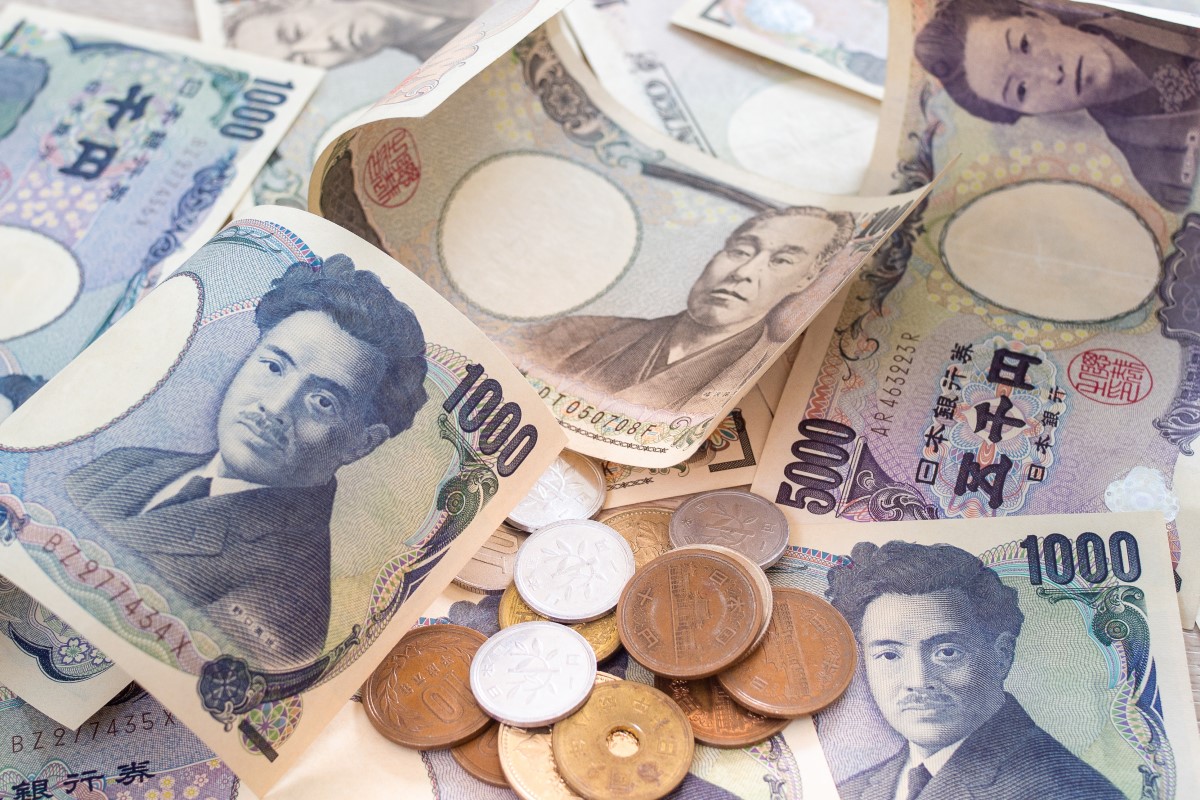A strengthening dollar has eroded the value of currencies across Asia, with Japan’s yen depreciation now extending past 144 against the US-dollar, the weakest level since August 1998. While a weak yen was believed to improve Japan’s exports, the current pace of the currency slide is raising concerns for the Japanese economy.
The US services industry unexpectedly picked up last month, raising concerns of an aggressive rate hike by the US Federal Reserve as fears of recession fade into the background. The US Fed is likely to announce a rate hike on September 21, with market experts expecting another 75-basis point hike.
US Treasury yields rose on Wednesday, pushing the dollar up as much as 144.38 yen during the day. The widening gap between US Treasury and Japan bond yields is likely to put pressure on the yen as investors pull out of Japan in favour of higher returns.
Yen depreciation a real threat?
The Japanese yen slipped past 140 against the US-dollar for the first time in 24 years. While the dollar has positives pushing it higher, the yen is also impacted by Russia’s suspension of gas exports to Europe via the Nord Stream pipeline, sending gas prices soaring.
The current round of yen depreciation may come as a surprise as the currency was at 133 against the dollar at the end of July, but the downturn was caused by hawkish comments from US Federal Reserve Chair Jerome Powell who predicted further rate hikes in August.
Meanwhile, other central banks around the globe are also gearing up for hefty interest rate hikes, with the European Central Bank likely to go for a 75-basis point hike this week — a first since 1999. Earlier this week, the Reserve Bank of Australia announced a half-point hike. The Bank of Canada is also expected to follow suit in the coming days.
Japan’s Finance Minister Shunichi Suzuki expressed concern over the sudden and one-sided moves of the yen. “We’ll keep watching the markets with a high sense of urgency, and if the moves continue we’ll respond as needed,” said Suzuki, but did not clarify on the specific measure the finance ministry might take to plug the yen sell-off.
The yen depreciation has caused the currency to lose 20% of its value this year, more than it did back in 1979 which was considered the worst year for Japan’s yen. While the finance minister has taken note of the currency slide, it did little to aid investor sentiment in face of a strong dollar.
“USD/JPY may show some correction this morning*, but the trend direction is not likely to change any time soon. We expect there will be more verbal intervention but this is unlikely to be effective at this point,” ING said in a note.
The yen’s slide is likely to put pressure on the Bank of Japan to hike interest rates and make a shift in its policy stance. However, this theory might not entirely hold true as market experts are attributing yen depreciation to the dollar’s strength.
“We think the yen is undervalued, trading around 25-year lows versus the USD. The weak yen has been supportive for Japan’s competitiveness and has been a boon for the exporters. The primary driver of yen weakness is high US inflation. In Japan however, inflation remains broadly in line with the Bank of Japan’s target; they do not need to hike interest rates,” said Daniel Hurley, Portfolio Specialist at T. Rowe Price.
* September 7, 2022


 Australia
Australia China
China India
India Indonesia
Indonesia Japan
Japan Malaysia
Malaysia Philippines
Philippines Singapore
Singapore South Korea
South Korea Taiwan
Taiwan Thailand
Thailand Vietnam
Vietnam







